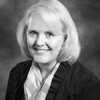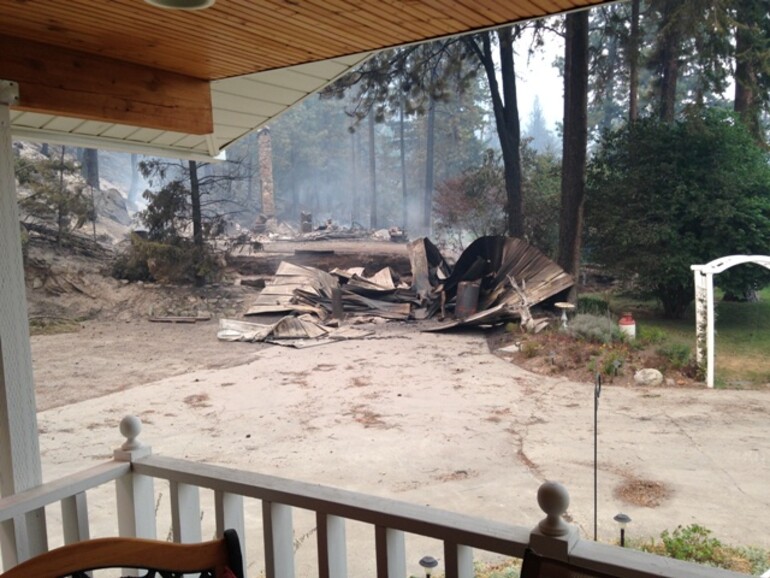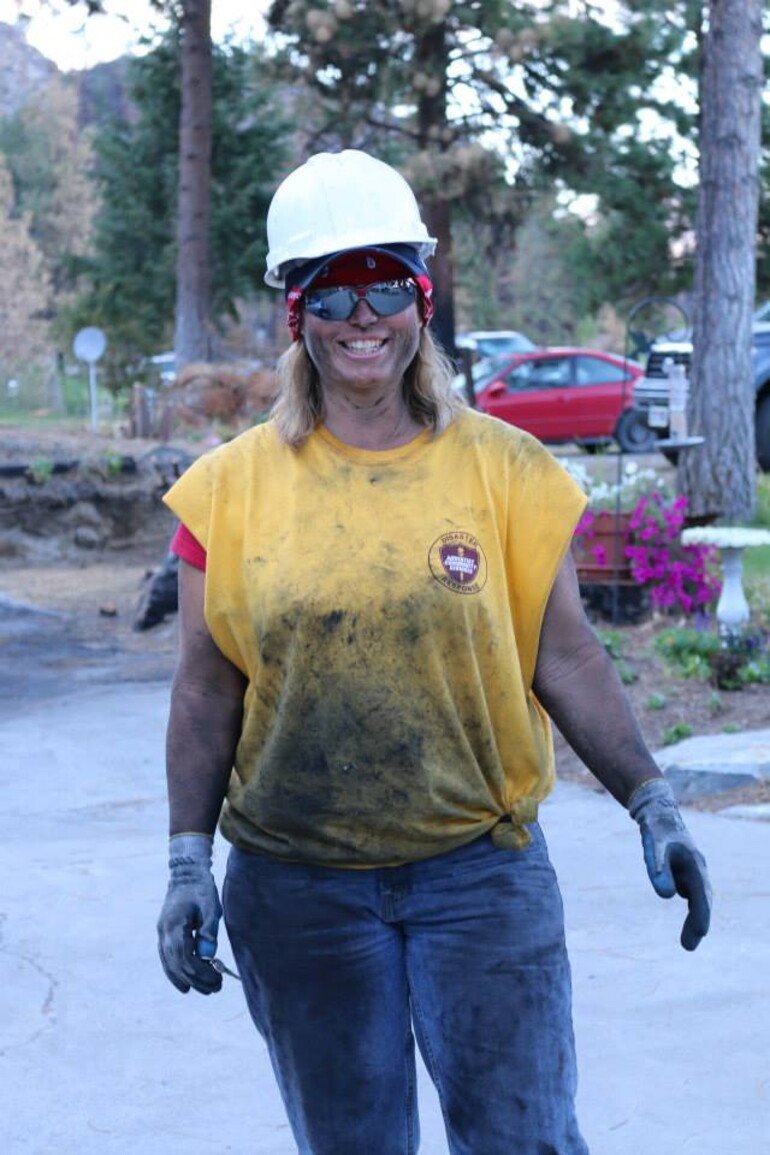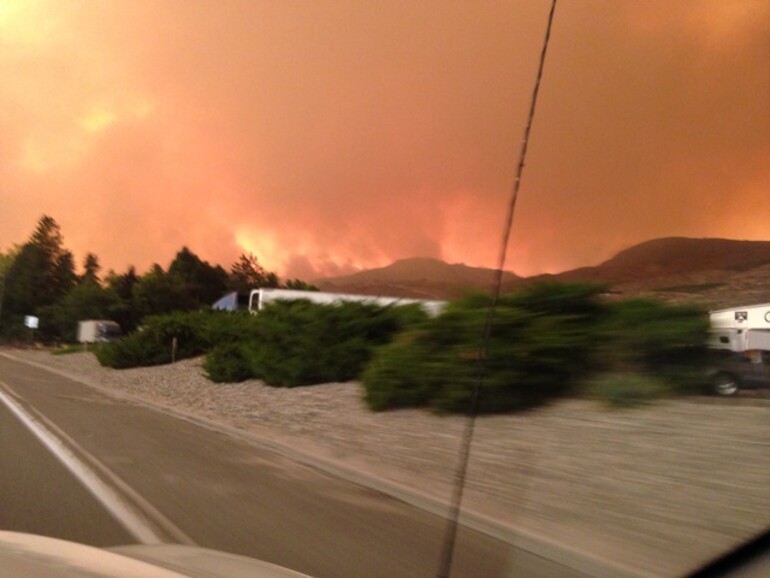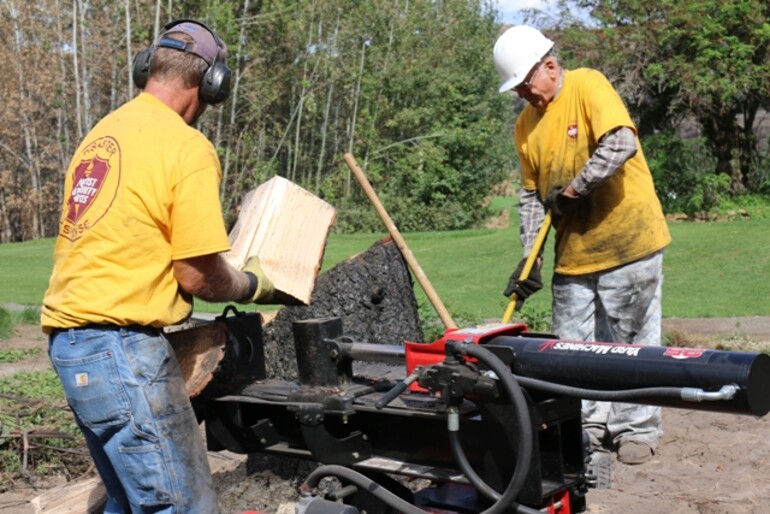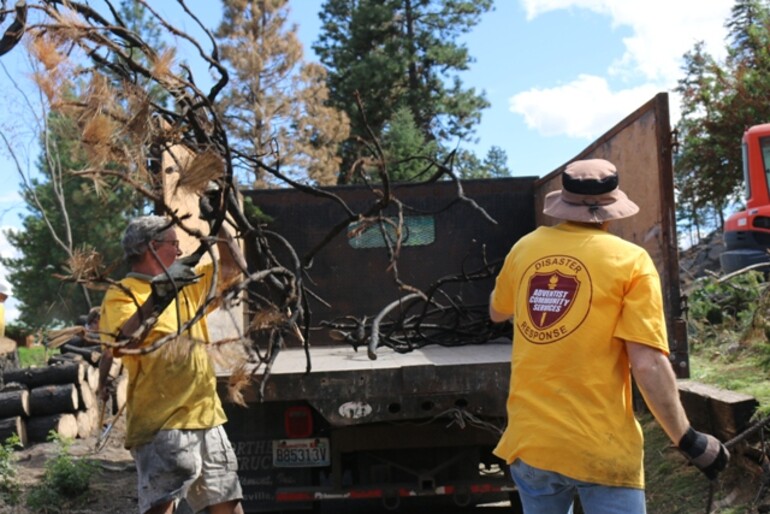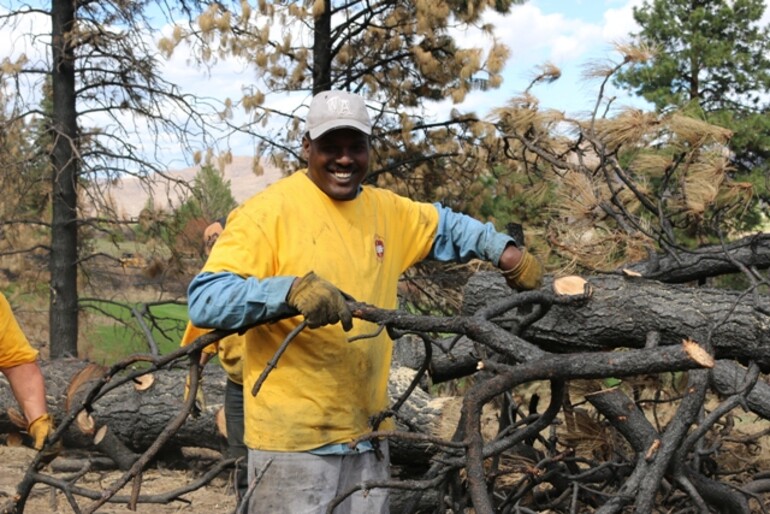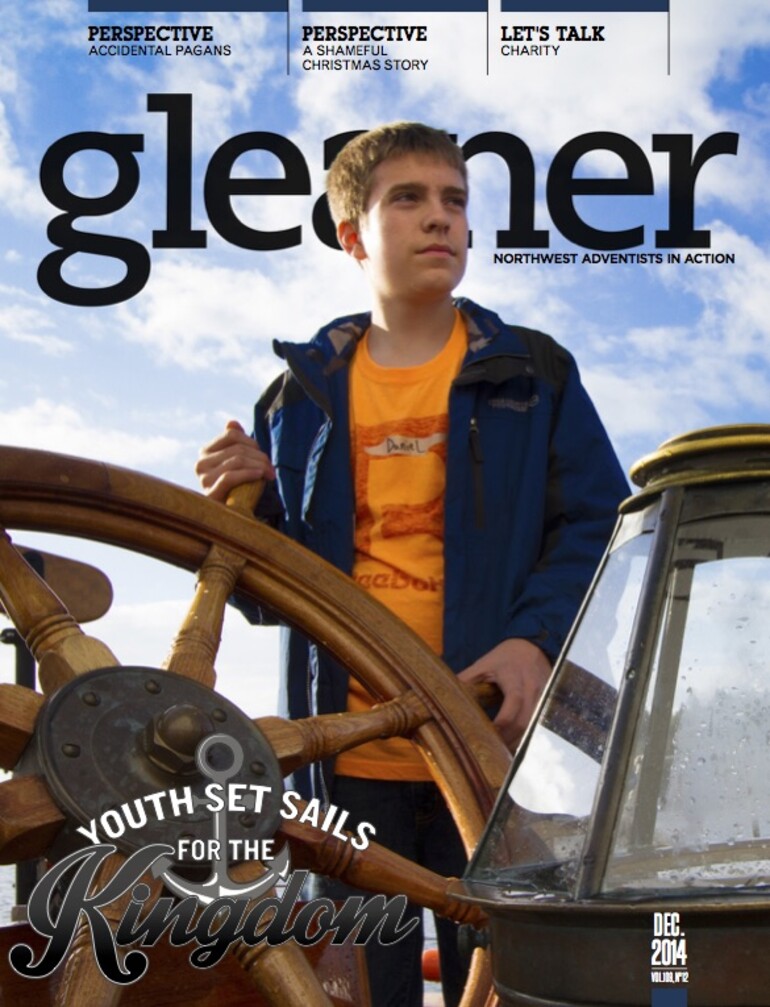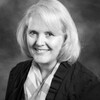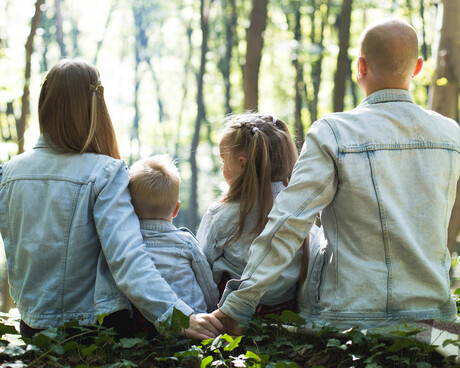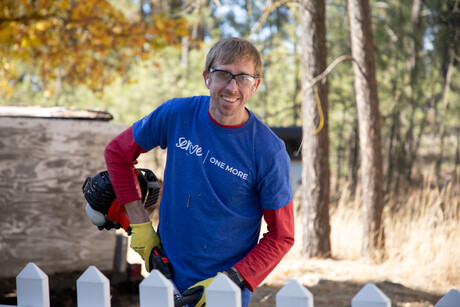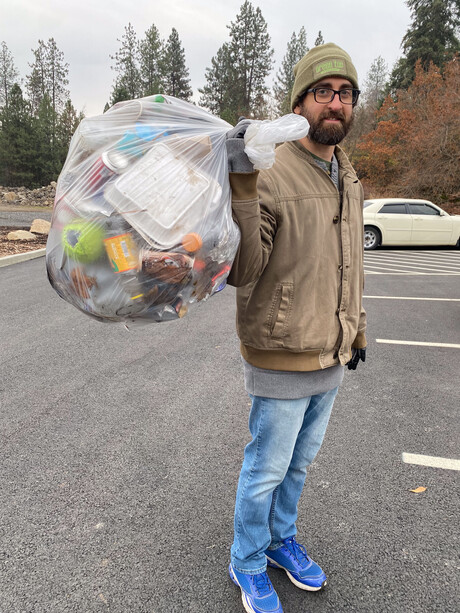When the Brewster Church in Washington invited people to help clean up after a wildfire roared by this summer, church members weren’t sure how many would come. They asked for people with equipment, trimmers, shovels, wheelbarrows and pickup trucks. They wanted to clean up and restore the Alta Lake Community and Golf Course following the devastating July firestorm. Fifty homes were burned to the ground in that community alone. More than 320 homes plus barns and outbuildings burned to the ground in the Carlton Complex Fire.
After the fire Lola Mae Worth said, “We had our home, but we were in shock. Seeing our neighbors suffer their losses was heartwrenching.”
On cleanup day, teams started arriving. More than 36 people came to clear blackened trees. “The yellow shirts of the Adventist disaster relief workers were soon blackened,” says Worth. “Neighbors began to put on gloves or brought food to help. The mood changed quickly as each tree fell.”
Among the 36 helpers was Calvin Stevenson, who had trained for forklift and chain saw volunteer work through Adventist Community Services (ACS) at the Upper Columbia Conference office. He is a tree faller and saw mill operator by trade.
Worth’s brother had taken down some trees near her house, but more than 300 trees around the golf course needed to be removed. Disasters need specific people for specific tasks, and Stevenson was the only chain saw operator there. He kept the whole team busy cleaning up the trees felled. Overall the count came to 500 trees.
Word got out about the team clearing trees at the golf course, and carloads of people came to see what was happening. “What a difference we can make in two days with a positive attitude," Worth says. "Are you prepared for a disaster in your area? I hope you are.”
The goal of ACS is to have teams ready to go whenever there is a disaster. The team needs to be trained so volunteers are safe as they do the work. Qualified people are needed to train for these teams.
Being prepared means volunteers must be in place before disaster strikes. ACS offers classes like introduction to disaster preparedness and donations management, as well as training for chain saw ministry. Upper Columbia members interested in participating can contact Doug Venn at 509-629-8808.
What do volunteers receive for helping out? “It inspired me to want to do a whole lot more for the community,” says Stevenson. “It gives me a real sense of value and worth to be able to help other people in these circumstances.” He encourages everyone to be a part of something like this. “The satisfaction of helping others is marvelous,” he says.
Stevenson spoke to the father of Parker Barth, who owned the community golf course at Alta Lake. “He couldn’t believe we could get this much done. It meant a lot to him,” says Stevenson. “That’s enough reward for me.”



